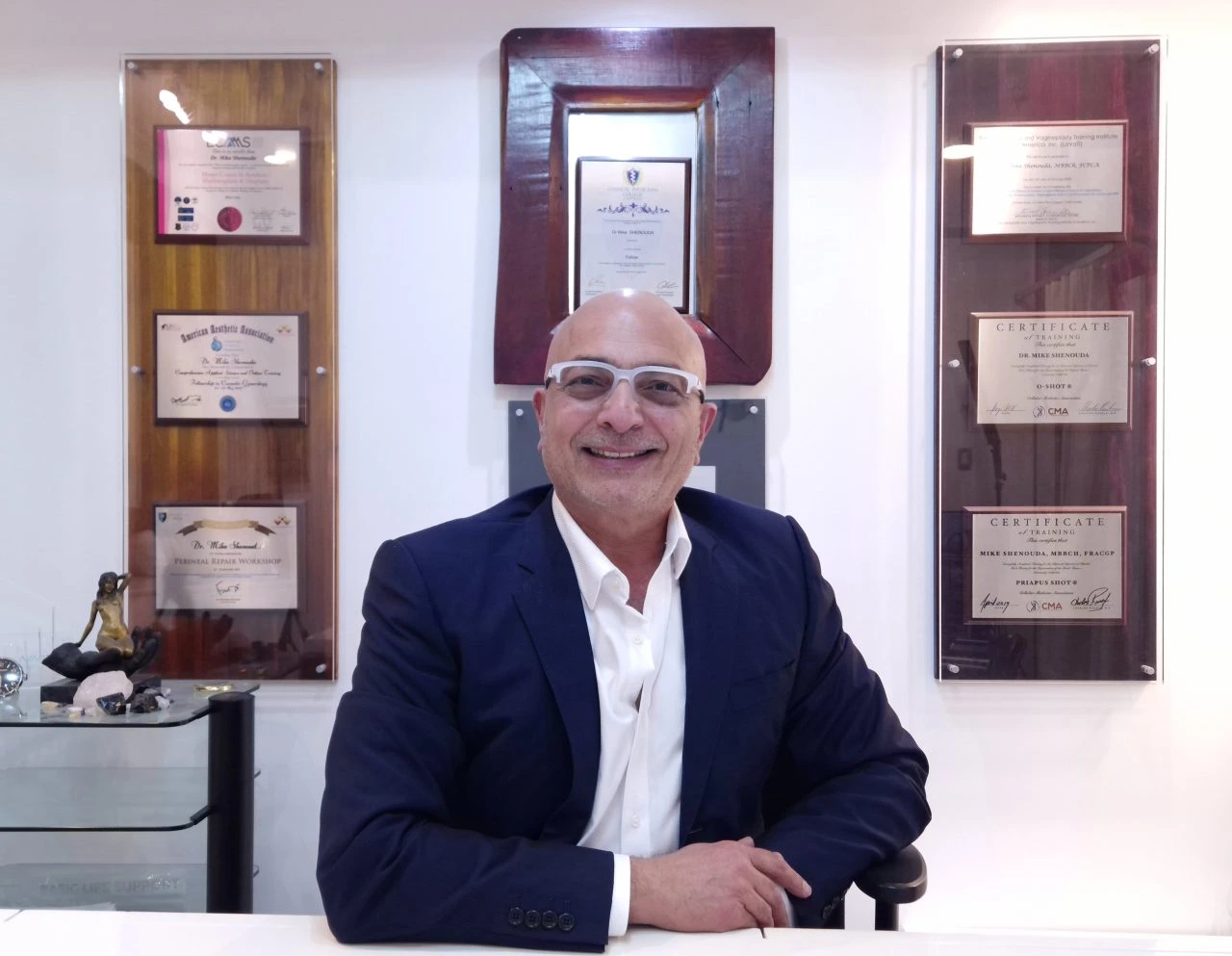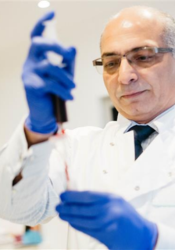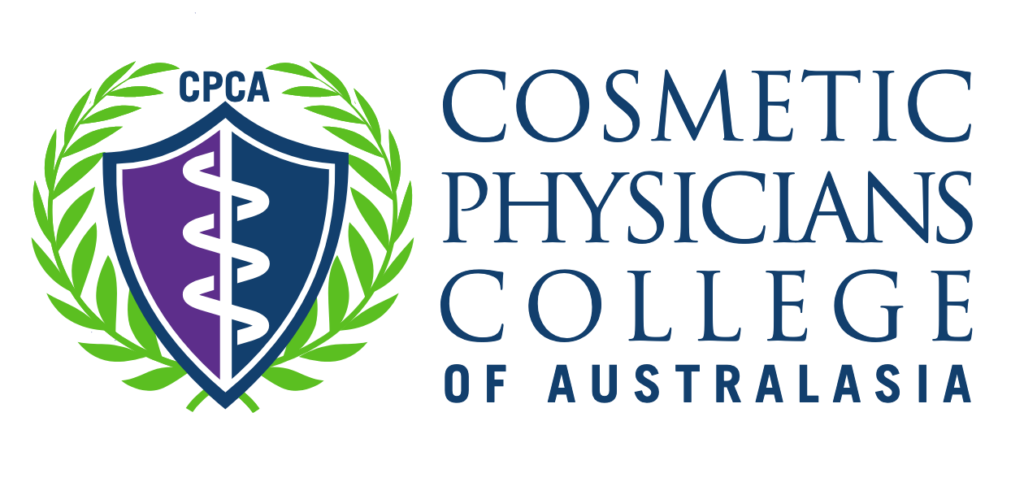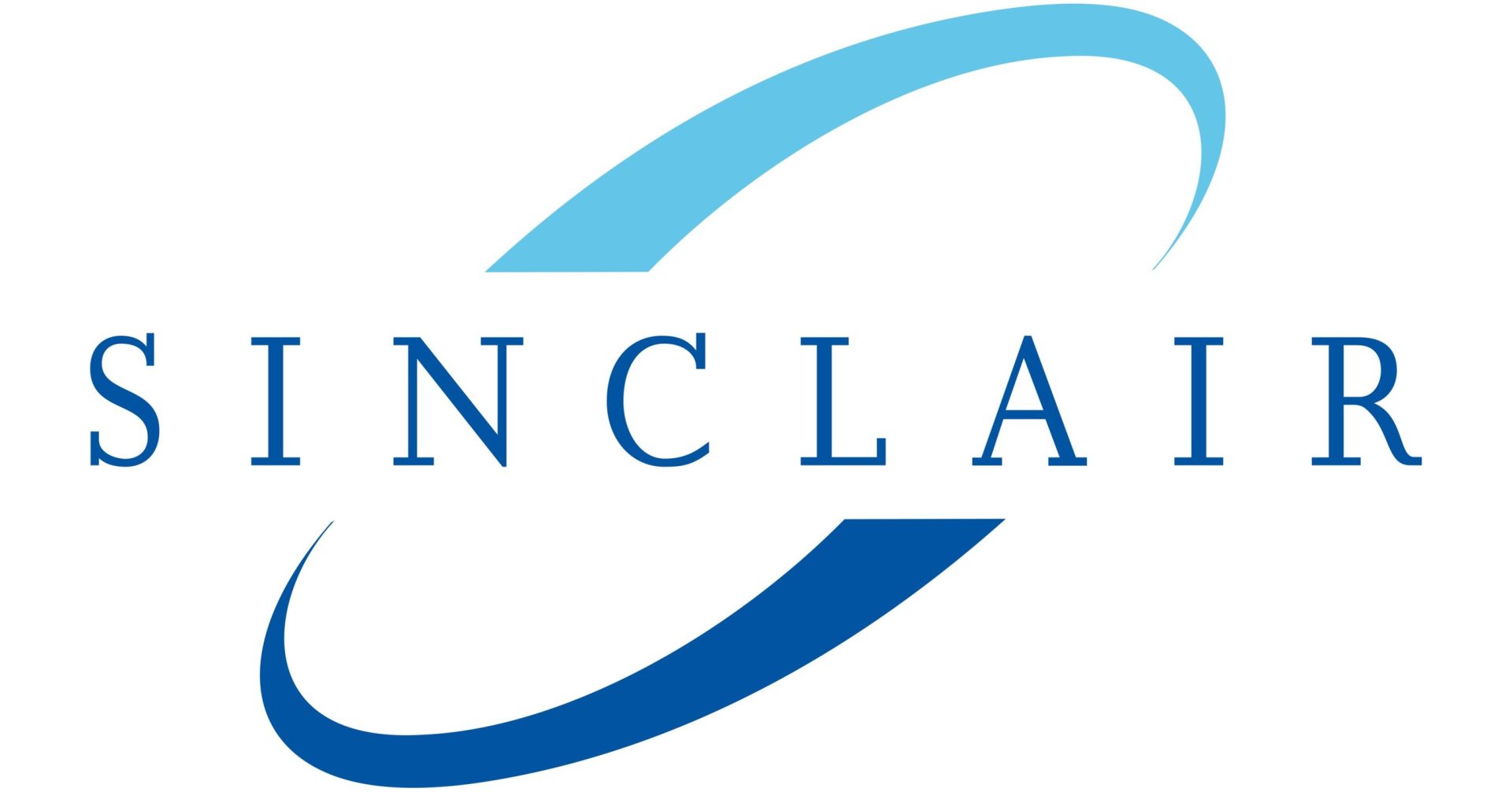Lichen Sclerosus
Personalised treatments to help manage the symptoms of Lichen Sclerosus. Our team supports you with care options designed for comfort, symptom relief, and improved wellbeing.
Sydney I Melbourne
Brisbane I Gold Coast

Focus on Personal Comfort & Symptom Relief
Lichen Sclerosus can be a distressing and painful condition. Our treatments are designed to help manage symptoms like discomfort, itching, and irritation to support daily wellbeing.
Focus on Non-Surgical Therapy Options
We offer a selection of non-invasive treatment to support tissue health, improve comfort, and reduce inflammation.
Focus on Personalised Care & Ongoing Support
Each treatment plan is guided by a clinical assessment tailored to your individual symptoms. Follow-up and support ensure long-term management in line with your health needs.

What Is Lichen Sclerosus & How Does It Work?
Lichen Sclerosus is a chronic inflammatory skin condition that can cause itching, burning, and discomfort—particularly in the vulva, anal region, or foreskin. It is not contagious and is not a sexually transmitted infection. Though the exact cause is unknown, it may be related to immune or hormonal factors.
At Géniale, we understand how physically and emotionally challenging this condition can be. While there is currently no cure, treatment options can help manage symptoms, reduce irritation, and support healthier tissue over time.
Our non-surgical treatment may assist in reducing symptoms such as tearing or irritation. Suitability is determined through a clinical consultation.
Study / Trial
- Intradermal injection of autologous PRP for the treatment of vulvar lichen sclerosus (JAAD pilot study, 2016) (JAAD)
- Self-controlled pilot study: “Is there a role for platelet rich plasma injection in vulvar lichen sclerosus?” (Archives of Gynecology and Obstetrics, 2024) (SpringerLink)
- Systematic Review: “Platelet-rich plasma: a promising therapy for vulvar lichen sclerosus” (Maturitas, 2023) (maturitas.org)
Frequently Asked Questions about Lichen Sclerosus
No. It is not a sexually transmitted infection and cannot be passed from one person to another.
Itching, pain, white patches of skin, and discomfort during sex, urination or bowel movements. Some areas may appear thin or bruised.
There is no known cure, but symptoms can often be managed with medical therapies.
Géniale offers individualised programs designed to support tissue repair and reduce symptoms. A consultation helps determine the best approach.
No. Lichen Sclerosus can affect both women and men. While more common in women, men (particularly uncircumcised) and children can also be affected.
Sessions vary, but most treatments are completed within 60–90 minutes. Some people may require more than one session depending on severity.
Yes. Ongoing care and monitoring are recommended, including regular skin checks, especially in areas with long-standing symptoms, to reduce risk of complications.
While research is ongoing, some emerging studies suggest a low oxalate diet may help some individuals. This should be discussed during your consultation.
Learn More
Géniale offers complimentary consultations to help you explore whether this treatment is right for you. In-person and Telehealth appointments (Zoom, Skype, or phone) are available.









